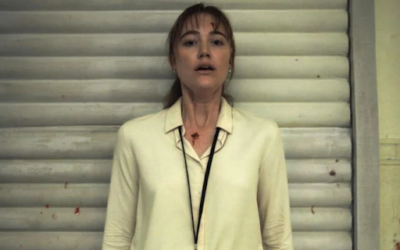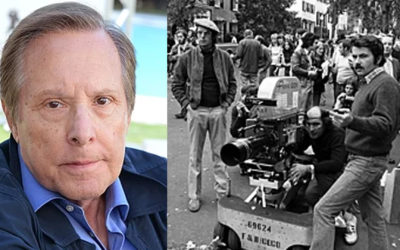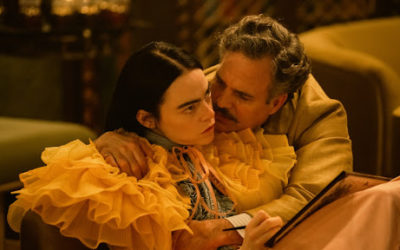
Valentine’s Day has long been a holiday associated with romance, and often people will choose to celebrate the holiday by watching a film centered around a romantic couple. However, while heterosexual pairings remain a staple of Hollywood storytelling from its very beginning, the same cannot be said for those whose sexuality differs from this standard. Due to the controversial nature of homosexuality and how it has been viewed by mainstream society, strong LGBTQ representation has largely been absent throughout much of Hollywood history, making it difficult for such people to find characters they can relate to on this level in the choice of cinema they watch. On the other hand, independent cinema, operating without the need for the backing of large profit-driven studios, has been much more open to offering a variety of films catering to the LGBTQ community. Many of these films have not received the attention they truly deserve, so for this coming Valentine’s Day, World Wide Motion Pictures Corporation would like to take this opportunity to bring awareness to a handful of such films. Without further ado, here are some of the underrated productions of LGBTQ romance in cinema.
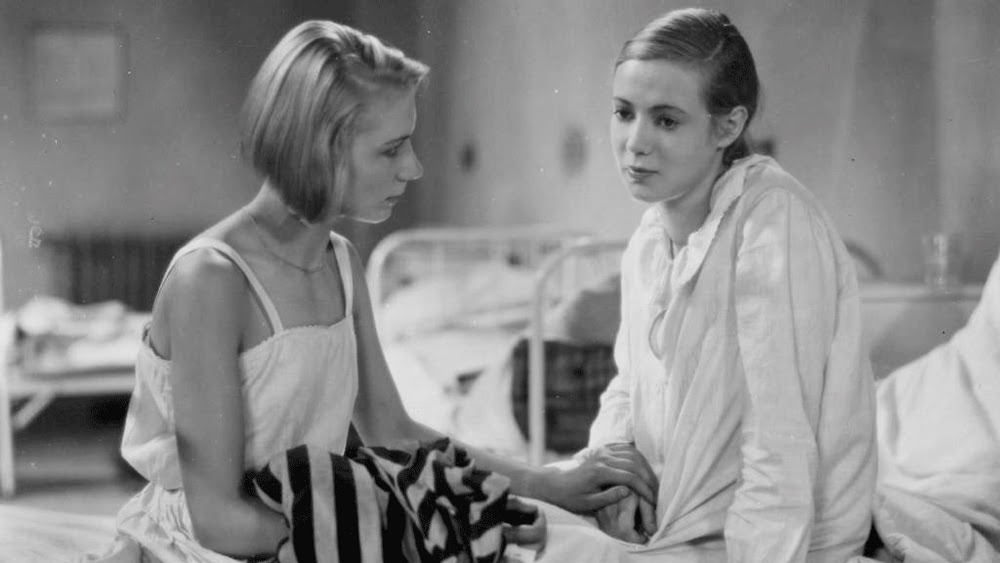
Mädchen in Uniform (1931) – made right around the time that the Nazi Party was beginning to take control of the country, this German film makes for a stunning example of what queer cinema could’ve looked like had it not been for the rise of fascism in Europe. Telling the story of an all-girls boarding school student and the romantic feelings she develops for one of her female teachers, the sole source of compassion in an authoritarian system, the film works not only as a compelling lesbian romance, but also as a jabbing critique of the rising Nazi movement. As its 1958 remake and the 2006 loose retelling Loving Annabelle prove, its story and themes still resonate in an increasingly progressive, but still LGBTQ-unfriendly, world.

Un chant d’amour (1950) – one of the earliest films to explicitly detail homosexual attitudes and practices in such graphic detail, this French film, depicting the intimate interactions of two male prisoners separated by their cells, was initially banned upon its initial release, which would result in it becoming the center of the court case Landau v. Fording (1966). In the years since though, the film, despite its short running time (26 minutes), has gained a new appreciation for its ahead-of-its-time depiction of the complexities of a homosexual lifestyle. Trading on imagery, the film makes a bold statement with its upfront, yet artistic style, showing what many filmmakers remain hesitant to show to this very day.

My Dearest Senorita (1972) – released near the end of Spanish dictator Francisco Franco’s regime, this film was a groundbreaker in its native country as the first made in Spain to explicitly discuss sexual orientation as a central theme. Revolving around a trans man in his pursuit of the young maid he has fallen for, the film is primarily comical in its depiction of its protagonist’s transition from female to male and the hardships that ensue, but never to a point where it becomes patronizing or insensitive to the struggles of transgender people. Through its ability to find humor and romance in a subject matter that had previously been banned from public discussion, the film is a comedic delight, but one full of authentic pathos, from beginning to end.
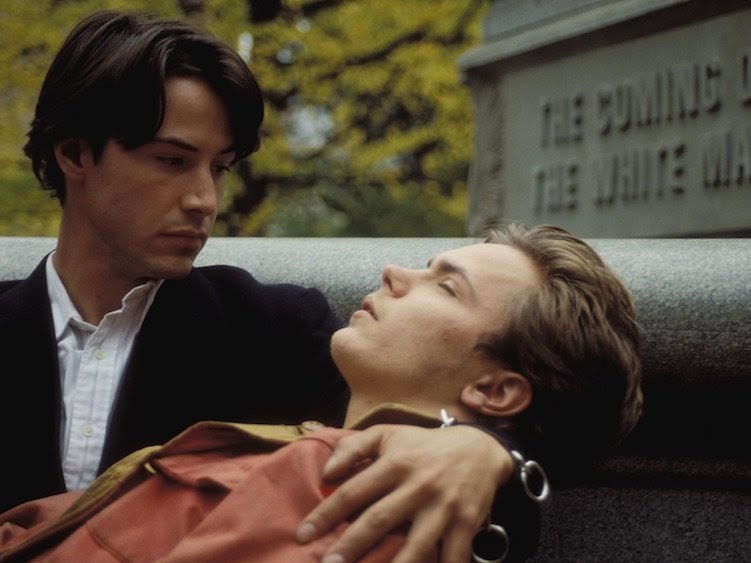
My Own Private Idaho (1991) – nearly twenty years before winning an Oscar for his biopic Milk, director Gus van Sant previously tackled the subject of homosexuality in this modern retelling of Shakespeare’s Henry IV. Set primarily in the Pacific Northwest, the film stars Keanu Reeves and the late River Phoenix as two male street hustlers who travel across the region (and eventually, to Rome) in search of the latter’s mother. In line with the tragedy of its source material, the Film depicts an intimate, yet ultimately failed relationship between these two young men, whose respective actors demonstrate just the right amount of chemistry together to sell their connection, and also serve as a reminder of what great talent was lost with the passing of Phoenix.

Pop Kowboy (2012) – This comedic yet heartwarming story reveals that life is more than who you are, but it’s about what you can become. It centers around Frankie, a transvestite in need of money for a sex change and Pony, a wannabe cowboy who has trouble with love. Their lives become entangled after a drug deal gone bad. Pony falls for Frankie not realizing she is biologically a man. Pony thinks that their repeated encounters are more than coincidental. The film shows the paths taken in life and the people along the way can change the course of a person’s life.

The Way He Looks (2014) – submitted for (but ultimately denied) an Oscar nomination for Best Foreign Language Film, this Brazilian film is a high school romance that possesses all the relationship drama that one expects from the genre, but also allows for a happy ending that many LGBT romances in film have struggled to achieve. Centered around a blind young man and his romantic pursuit of a new student at his school, the film combines the conventions of high school films with the themes of oppression and incompatibility that queer individuals often face on a regular basis, resulting in a narrative that hits close to home for many, but is still able to conclude on an optimistic note that will no doubt lift the spirits of those who idenify with the main leads.
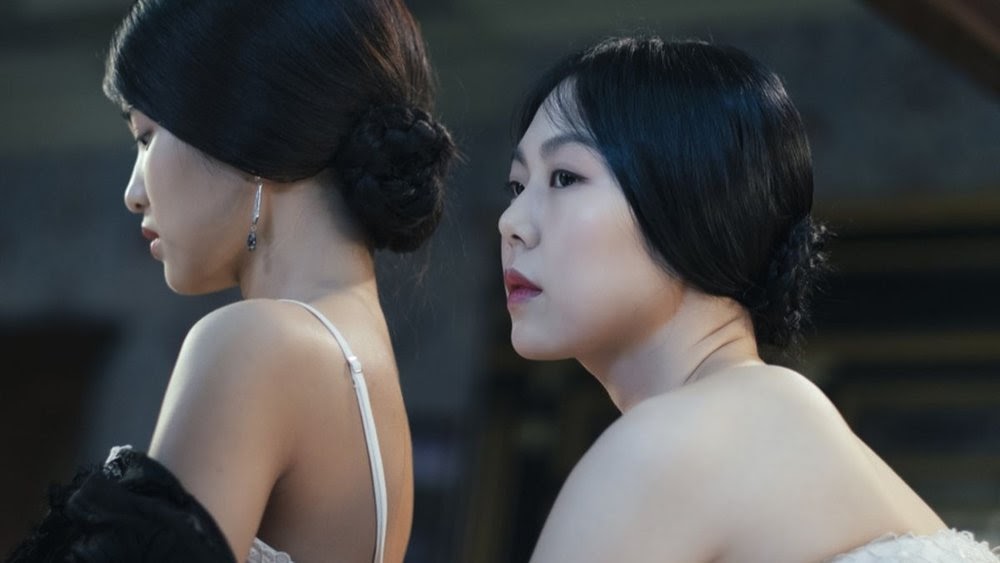
The Handmaiden (2016) – winner of the BAFTA for Best Film Not in the English Language, this film takes the British novel Fingersmith, changes its setting to 1930’s Korea under Japanese colonial rule, but never once downplays the pure homoeroticism of its source material. With its depiction of an intimate bond that develops between a Japanese heiress and the Korean thief hired to be her maid, the film puts its central romance in the middle of an intense psychological thriller that forces the two women to break free from the oppression of male authority in order to preserve their relationship. While its two-and-a-half hour run time may appear off putting at first, the film’s mix of eroticism and thrills prevent the film from even once become a bore.


